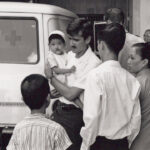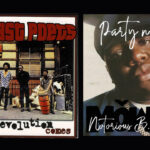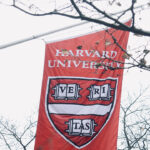
How to Paralyze Someone with Laughter
Might this be a way of coming to terms with feeling so unmoored from my birth country: journeying on a cultural tugboat up the largely English comedy river in search of the TV shows and comedians that had once influenced and shaped me? If I dipped my toe in the dimly remembered comedies of my childhood and youth, would I discover who I once had been?









